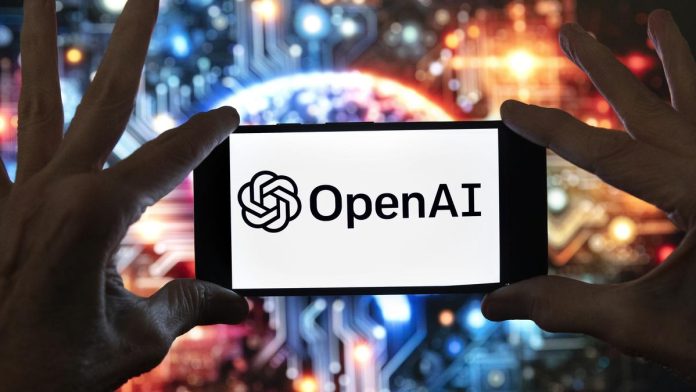What’s the Story?
OpenAI has expanded access to its advanced image generation technology—originally launched for ChatGPT users—to developers through its API.
First introduced to most ChatGPT users in late March, this feature quickly gained popularity for its ability to produce striking, realistic images in styles reminiscent of Studio Ghibli. The rollout led to a significant uptick in new user registrations, putting OpenAI’s infrastructure under considerable strain.
Massive Engagement
700 Million Images Created in One Week
In just the first week, more than 130 million ChatGPT users collectively generated over 700 million images using the new tool. This overwhelming response highlights the growing appetite for sophisticated image-generation capabilities.
The surge also brought attention to the operational challenges OpenAI faces in managing rapid spikes in demand.
Under the Hood: gpt-image-1
The API’s image generation is powered by gpt-image-1, a multimodal model capable of creating images in diverse styles, adhering to custom prompts, incorporating global knowledge, and rendering text.
Developers can fine-tune the generation process by adjusting quality settings, which in turn affect rendering speed. The model also supports batch generation for increased efficiency.
Built-in Safety Features
gpt-image-1 follows the same safety protocols as ChatGPT’s image tools. Content moderation can be customized, with options like “auto” for standard filtering and “low” for more relaxed settings.
All images generated are embedded with C2PA metadata, ensuring they are clearly marked as AI-generated and recognizable on platforms that support this standard.
Pricing & Adoption
OpenAI’s pricing for gpt-image-1 breaks down as follows:
- Text inputs: $5 per million tokens
- Image inputs: $10 per million tokens
- Image outputs: $40 per million tokens
This translates to approximately 2¢, 7¢, and 19¢ per image for low, medium, and high-quality square images, respectively.
Major companies including Adobe, Airtable, Wix, Instacart, GoDaddy, Canva, and Figma are already integrating or experimenting with gpt-image-1 in their platforms.



 Viesearch - The Human-curated Search Engine
Blogarama - Blog Directory
Web Directory gma
Directory Master
http://tech.ellysdirectory.com
8e3055d3-6131-49a1-9717-82ccecc4bb7a
Viesearch - The Human-curated Search Engine
Blogarama - Blog Directory
Web Directory gma
Directory Master
http://tech.ellysdirectory.com
8e3055d3-6131-49a1-9717-82ccecc4bb7a